
Arts & Culture
Reimagining waste
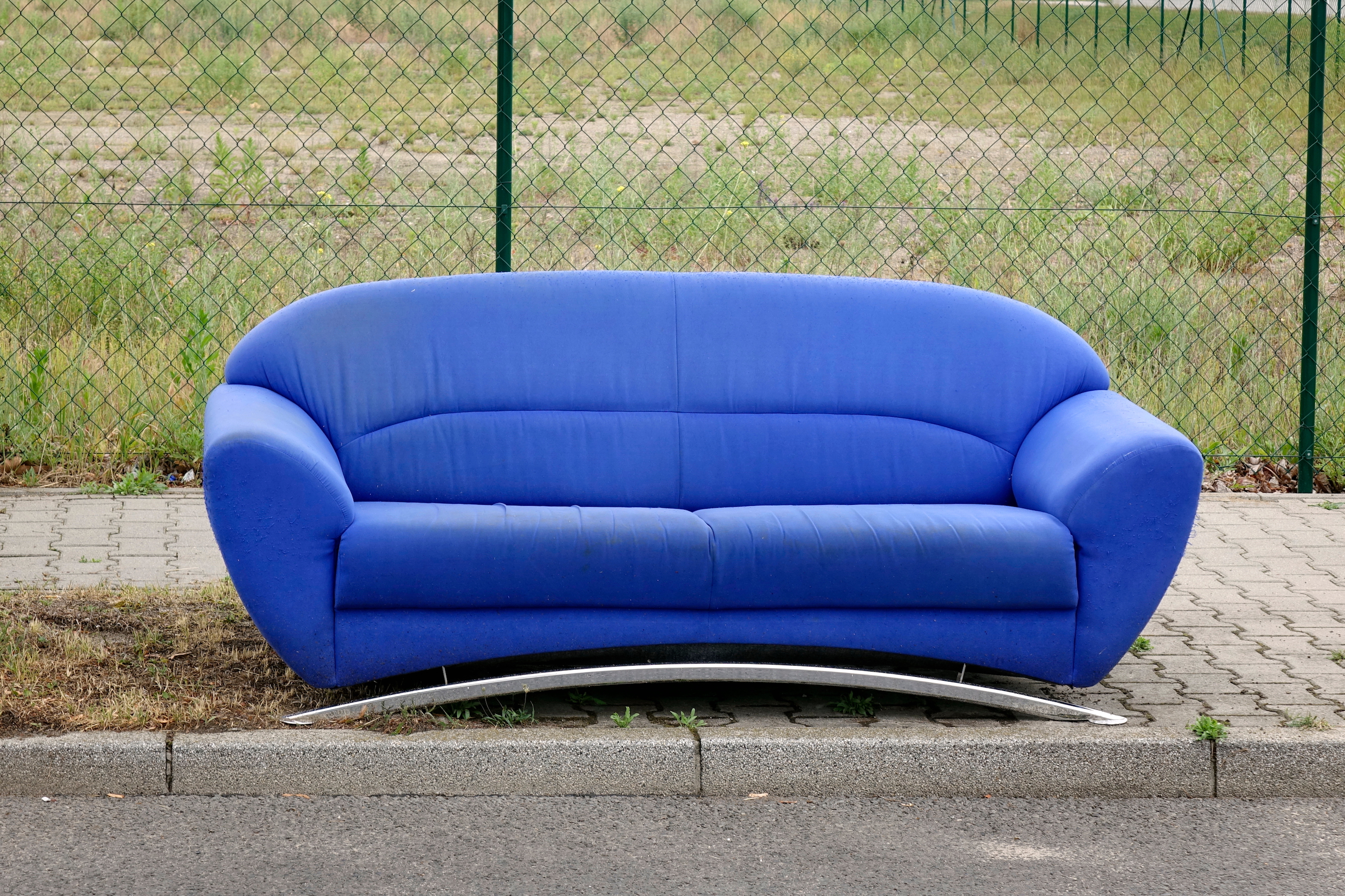
How a Melbourne community’s mission to reduce waste is building a kinder and more sustainable society, enabled by social media
Published 31 March 2021
It’s that time of year: the streets are littered with ‘hard rubbish’ left out by Moreland residents in Melbourne’s north for collection by the City Council.
But what many in this inner-north municipality in Melbourne don’t seem to realise is that, after they are collected, most items are sent to landfill.
While the Council’s website clearly indicates that only some hard rubbish like white goods or e-waste will be recycled, people still leave out countless perfectly good items – including furniture, kitchenware, clothing, toys, books and much more – which then end up in landfill.
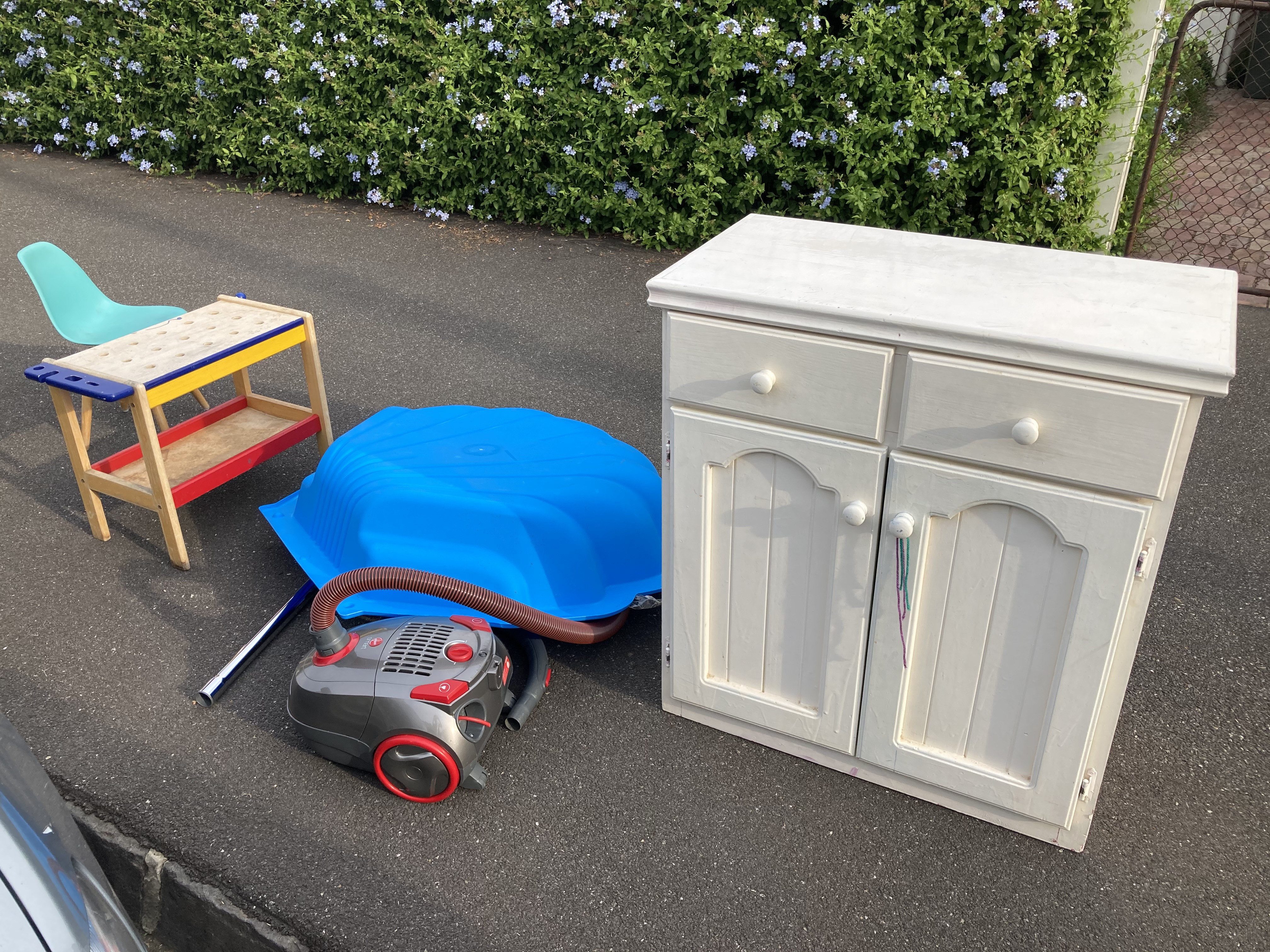
Frustrated by the amount of waste, one community member set up the Hard Rubbish Rescue - Moreland (HRRM) Facebook group in 2019. The group now has almost 9,000 members, mostly women, who rescue and redistribute thousands of items each biannual hard rubbish period.
And while originally about waste reduction, it has evolved into much more.

Arts & Culture
Reimagining waste
Through this group, members are not only addressing environmental concerns. They are also developing an economy of sharing that assists people in need and, through the solidarity that it creates, presents a more hopeful alternative to mainstream neoliberal systems.
During the five weeks of hard rubbish collection, Vaissy Dasler – founder of the HRRM group – collects up to five carloads of items a day from Moreland’s streets.
She then stores them in her garage, before posting the items onto the Facebook group for others to collect, for free. The idea is to link perfectly good items with the people who want or need them.
And Vaissy is far from alone.
Even before the HRRM group was established, many of its members – myself included – were already trawling the streets, scavenging for items that could be saved and reused.
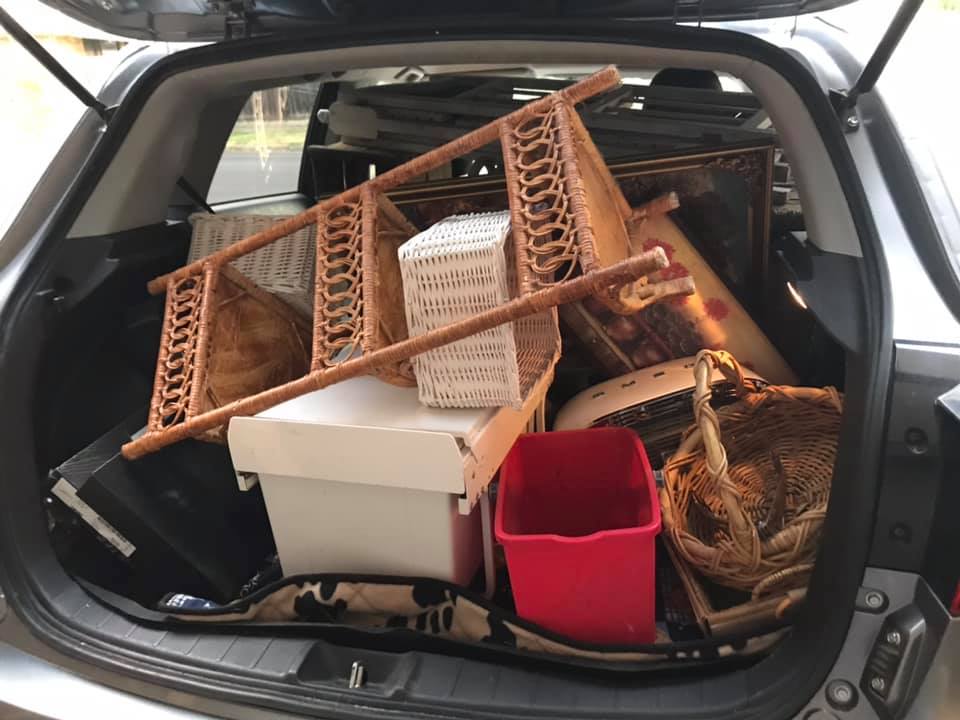
The Facebook group has enabled previously isolated ‘hard rubbish rescuers’ to develop new connections and collaborate in locating and re-homing salvageable items. Through this group, countless items are now rescued and redistributed, either to individuals or charities.
The HRRM group exemplifies two global shifts. Firstly, people are increasingly prepared and encouraged to reuse items; and secondly, scavenging is being redefined as being about anti-consumerism and environmental sustainability. No longer a marker of the unwanted and excluded, as depicted in anthropologist João Biehl’s ethnography of Brazilian cities, scavenging marks inclusion in a network of people brought together by common concerns about waste and the environment.

It is “something to be proud of, not ashamed of”, as Vaissy wrote in a much-‘liked’ post.
At the same time, the group illustrates the power of social media in enabling individuals to build connections and in facilitating an online social movement that generates significant offline action and impacts.
Yet these community-driven attempts to reduce waste also highlight deep-rooted social and environmental problems.
Moreland’s hard rubbish problem illustrates the more general ‘out of sight, out of mind’ attitude to waste, which author Kate O’Neill argues characterises societies of mass consumption.
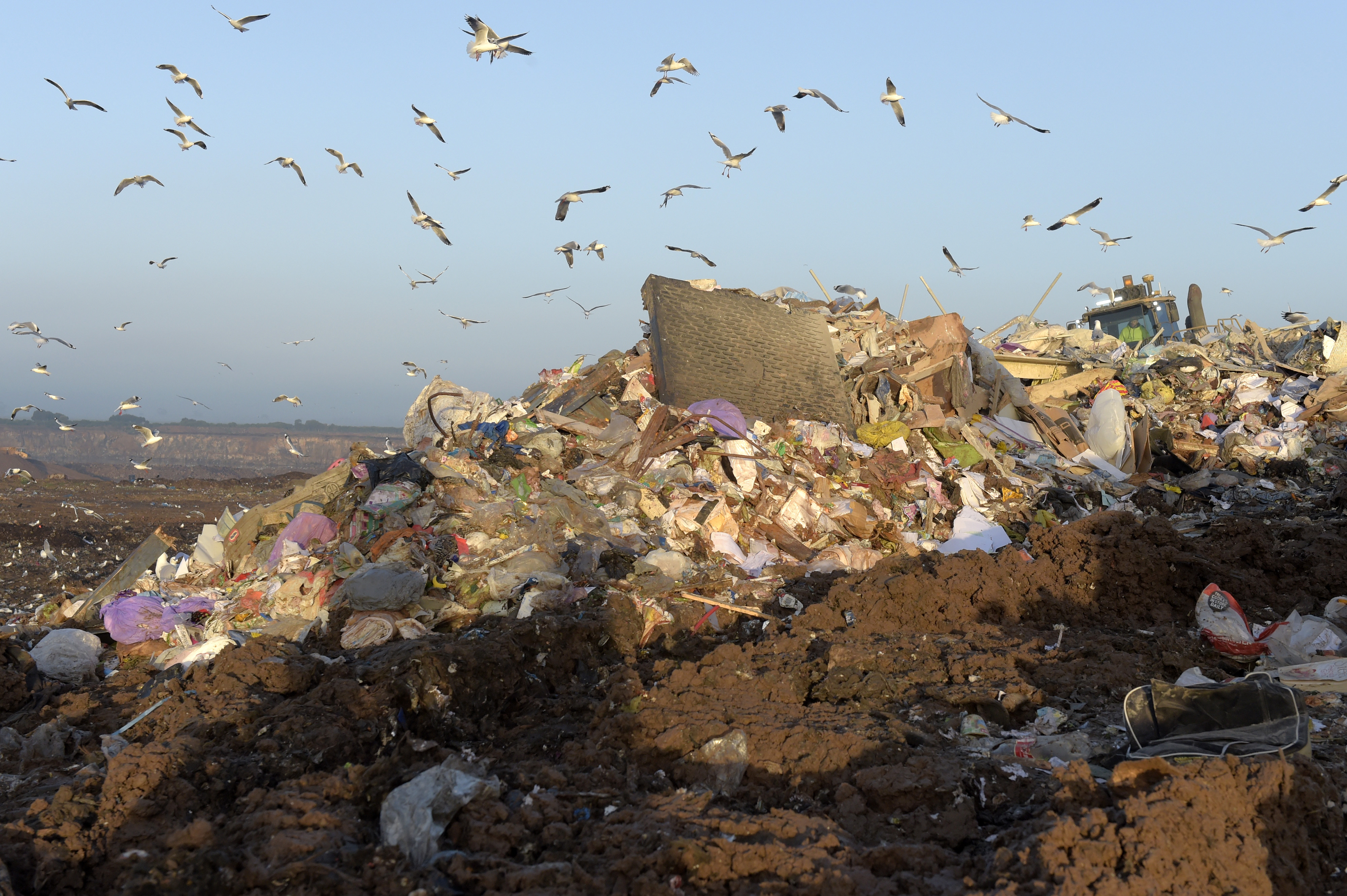
Biannual hard rubbish collection reinforces the treatment of material goods as disposable and of our planet’s resources as infinite.
It makes it easy to ‘throw things away’ and absolves individuals of responsibility for where those things end up. People can then go back to buying more, in a never-ending cycle of consumption, waste production and environmental destruction.
In a society where waste is otherwise rendered invisible, rescuing and redistributing hard rubbish becomes a political act.

Rescued rubbish no longer disappears conveniently into landfills but instead, through its recirculation via social networks, disrupts the established order of our consumption-driven status quo.
In conversations on the HRRM page, members emphasise the need for more public education around waste management and for fundamental changes in current consumer practices.
Group members also advocate for the creation of a central waste drop-off, sorting and recycling station in Moreland – as exists elsewhere. A centre like this would allow items to be stored, redistributed and reused.
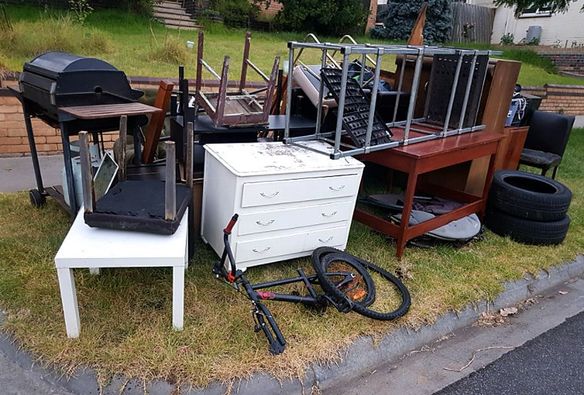
Because as the saying goes, “one (wo)man’s trash is another (wo)man’s treasure”.
As O’Neill points out, the value attributed to particular items and whether they are defined as waste or resource is highly subjective, a matter of context and perspective. But current waste management systems do not take into account these variations in value or the opportunities that items thrown out as waste present.

Business & Economics
Time for a Universal Basic Income?
What is needed, in order to start changing unsustainable practices, is a recognition not only of the potential environmental and other risks that waste presents, but also of the different values it can embody and opportunities it can offer.
The HRRM group demonstrates how environmental impacts can be reduced and people’s lives improved by viewing rubbish as a resource.
It also models a different kind of economy, one where sharing and connectedness are valued and actively promoted.
Many members now see the group as a place of resource sharing and building community connections, as much as it is about waste reduction.
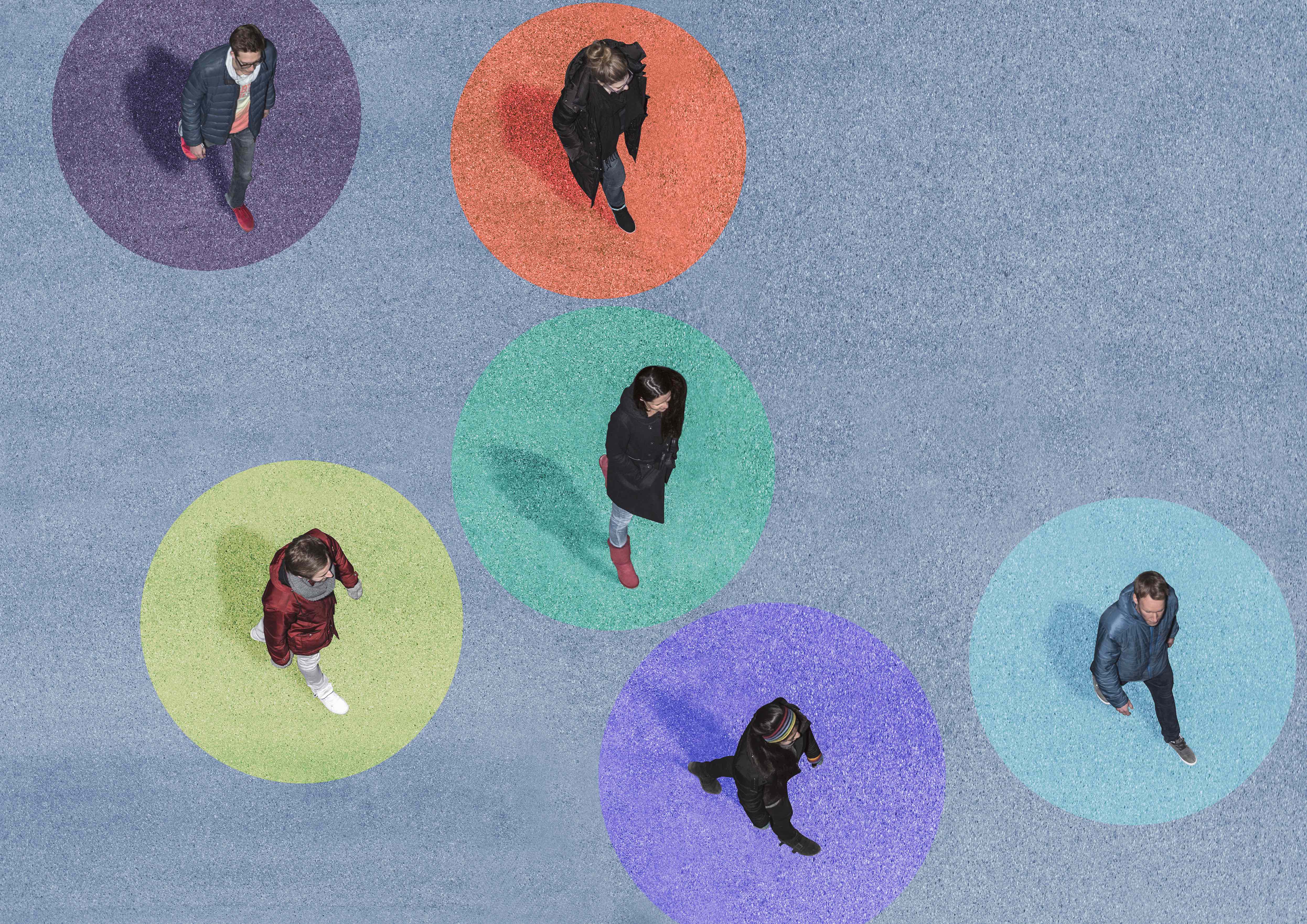
Members use the group to borrow, lend and pass on items that might otherwise only be used a few times. And every day, members post requests along the lines of: “Before I go and buy this new, does anyone have…?”
One woman I met through the group, a single mother living on welfare support, described how its members have provided her with invaluable support through challenging times.

“I’d never be able to afford the sort of items that have been given to us and re-homed to us”, she told me. “I’ve pretty much furnished our whole home like that.”
She and other members emphasise that, even when they scavenge for themselves or receive re-homed items through the group, it’s not ‘just taking’ – receiving does not entail any obligation to give anything in return.
Sharing, anthropologist Professor Thomas Widlock argues, is different from both market and gift exchanges. It is about “enabling others to access what is valued”. It is founded on empathy and creates social bonds that in turn generate opportunities rather than obligations.
And the HRRM group goes far beyond the sharing of just material resources.
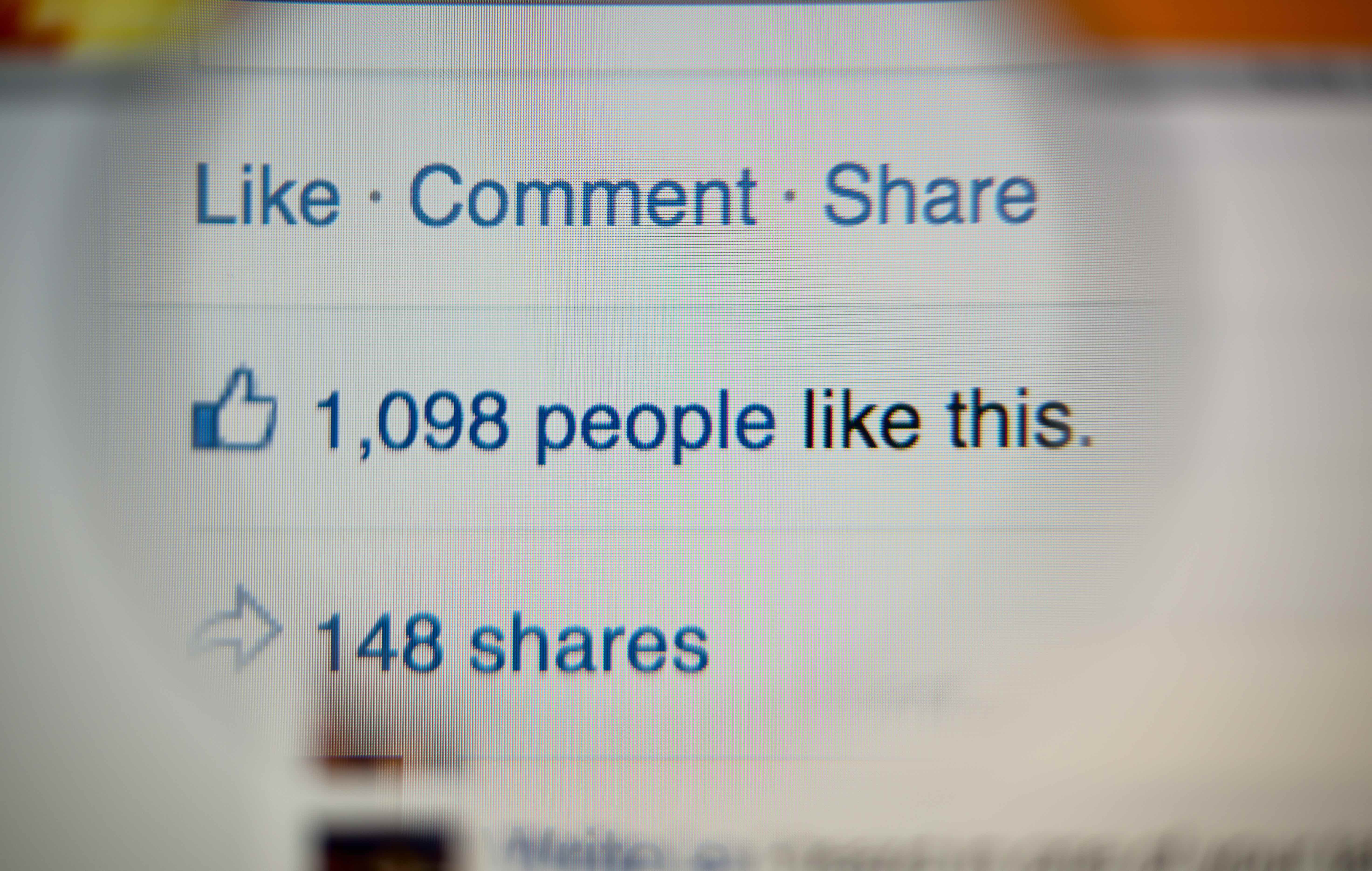
The single mother who furnished her home through the group also explains, “the generosity, the care, the support is absolutely amazing… I don’t know what I would have done without this group. It’s not just items that you get but the friendships you make along the way.”
Other members also comment on the lasting friendships, support and comfort they have found through the HRRM group – this being all the more important during times when COVID-19 led to greater social isolation and loneliness.

Even beyond the pandemic, the group offers a more hopeful alternative to the highly individualistic, fragmented and lonely society that psychology Professor Paul Verhaeghe and writer George Monbiot lament has been fostered by neoliberal ideology – an ideology that conceives citizens as consumers and “sees competition as the defining characteristic of human relations”.
Through their HRRM group, members are doing more than reducing waste. They are developing a resource sharing community that exemplifies the type of more sustainable and solidarity-focused society we desperately need.
The author would like to thank HRRM members for their insights and Professor Andrew Dawson for his comments on an earlier version of this article.
Banner: Getty Images